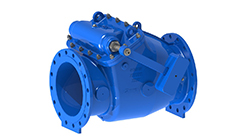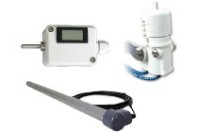
With the use of smart irrigation technologies, outdoor water savings can be achieved with the use of smart irrigation technologies. Smart irrigation sensors and controllers have been developed for reducing outdoor water use by irrigating based on plant water requirements needed comparing to the traditional automatic system timers that can irrigate on a fixed schedule determined by the user. This technology stays as a complete controller or as a sensor that can be added to an existing irrigation timer for creating a smart controller. Smart irrigation technology utilizes the data of weather or data of the soil moisture for determining the requirement of irrigation of the landscape.
Smart Irrigation Systems can maximize the efficiency of irrigation by reducing wastewater while maintaining plant health and quality. When you incorporate smart irrigation technology in the landscape it can potentially reduce outdoor water consumption. This technology is perfect for small residential landscapes along with large, managed landscapes. There are mainly two types of smart irrigation controllers which are weather-based and on-site soil moisture sensors. The right solution mainly depends on your geographic location and the environment of the landscape.
Weather-based smart irrigation controllersWeather-based controllers are also known as evapotranspiration controllers and they use the data of the local weather for adjusting the irrigation schedules. This process is the combination of evaporation from the surface of the soil and transpiration from plant materials. These controllers can gather information on the local weather and make the irrigation run timely adjustments so that the landscapes can receive the appropriate amount of water. Four weather parameters like wind, solar radiation, humidity, and temperature are used by ET weather data. It is the most accurate way of calculating the needs of water by landscapes.
Soil moisture sensorsSoil moisture sensor-based smart irrigation controllers use one of the various well-established technologies for measuring the content of the soil moisture. When it is buried under the root zone of the trees, turf, or shrubs, the sensors can accurately determine the level of moisture in the soil and transmit these readings to the controller.
It is agreed by experts that when compared to traditional irrigation controllers, smart irrigation systems can save water across a wide range of scenarios. It has been indicated by several controlled research studies that substantial water savings anywhere between 30 to 50 percent can be achieved.
For all your landscape and irrigation projects in the Middle East, Dutco Tennant LLC can supply you with a wide range of Irrigation Sensors which can offer you high-class performance, every time.
Features
Wide range of sensors for meassure and control of local hydraulic, agronomical and meteorological values.
Specifications
- Very easy to connect to any programmer with sensor input.

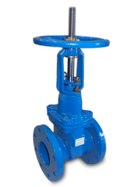
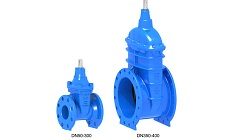
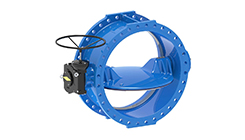
.jpg)
.jpg)
